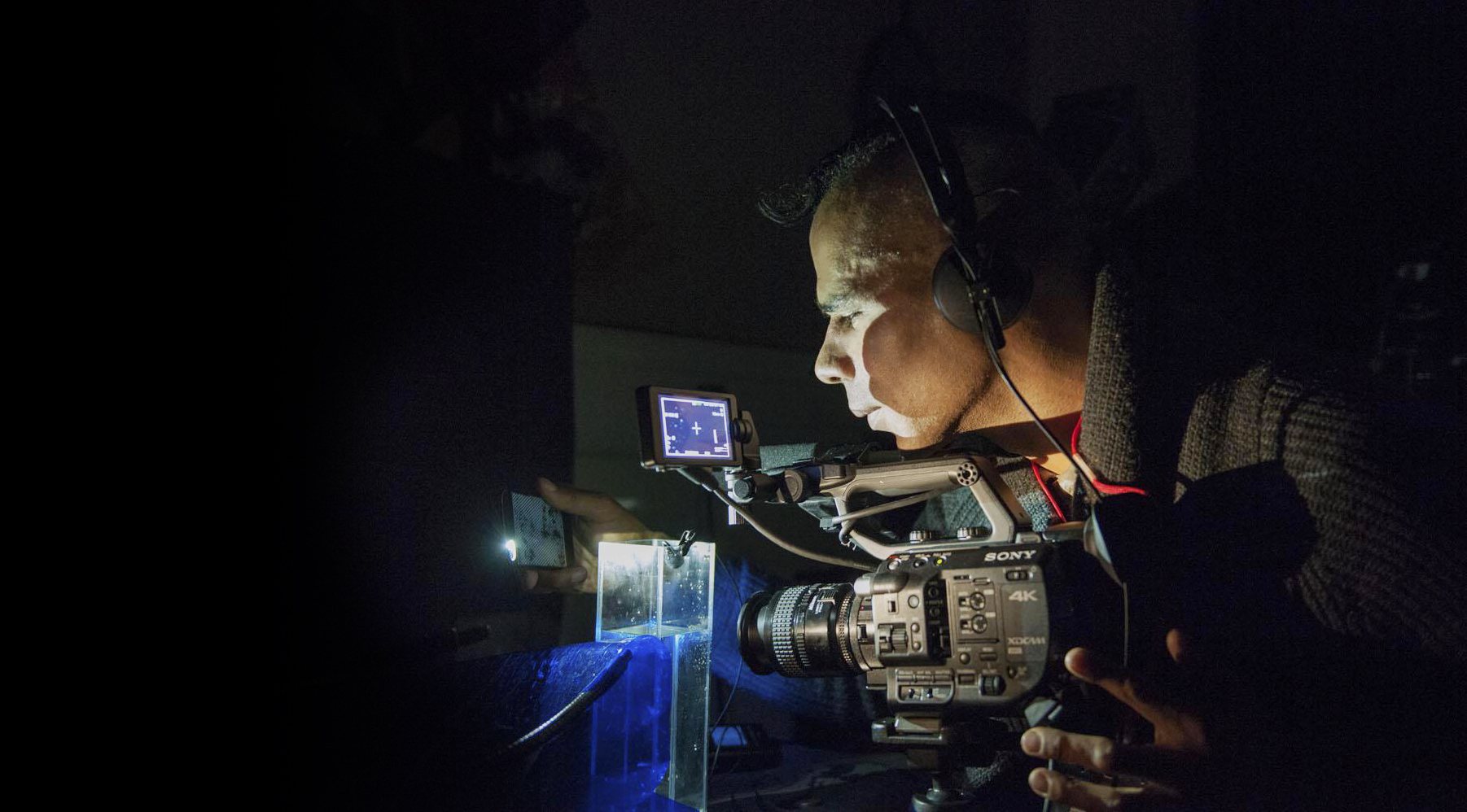
Breaking new ground: tackling global challenges at the Royal College of Art
As the world grapples with major challenges, from safeguarding public health to coping with the effects of climate change, the Royal College of Art, known as a home for innovation, seeks to expand its role in applying design techniques to real-world problems. A centrepiece of this new effort is the new Rausing Research & Innovation Building, which is being built on the college’s Battersea Campus. It is funded in part by a £15 million grant from the Trust, and is named in honour of Ruben and Elisabeth Rausing.
The vision motivating the project is to create the world’s first STEAM college, marrying the core scientific disciplines known as STEM (science, technology, engineering and mathematics) with the creative arts and design – represented by A for arts. The aim is to foster an interdisciplinary approach to tackling such global issues as migration, rapid urbanisation, ageing populations and environmental sustainability.
“Design processes are deeply involved with human behaviours and with human needs, aspirations, fears and desires”, said Dr. Paul Thompson, vice-chancellor of the college. “Importantly, design disciplines produce a particular way of thinking that conventional approaches do not.”
The Rausing Research & Innovation Building will house the college’s current research centres, including the Intelligent Mobility Design Centre, the Clore Innovation Centre and InnovationRCA, as well as the long-established Helen Hamlyn Centre for Design. It will also house the newly established Design Age Institute and new centres in material and computer sciences, including the Textiles Circularity Centre, which will turn post-consumer textiles, crop residues and household waste into renewable materials.
Designed by Pritzker Prize-winning architects Herzog & de Meuron, the building and campus extension represent the college’s most significant development since 1961. The new building, scheduled to be completed by 2021, will allow for the student body to expand from 1,800 to 3,000 people a year.
In the Rausing Building, and on the Battersea Campus as a whole, students will experience a space in which teaching and learning take place alongside research and innovation. They will be able to choose from ten new Master’s programmes to be launched over the next decade. Degree topics will include Industrial Ceramics, Contemporary Art Practice, Intelligent Mobility, Robotics, Environmental Architecture, City Design and the Moving Image.
The college’s recent innovations range from vegan leather to accessible music technology and sleek folding bicycles and e-bikes. Collectively, companies led by RCA graduates and incubated at InnovationRCA have created more than 650 UK jobs and generated more than £121 million in revenues in the last ten years.
Baroness Gail Rebuck DBE, pro-chancellor and chair of the RCA, said, “I can think of no other institution which has such influence on Britain’s innovation, creative output and wealth creation, nurturing successive generations of leading design engineers, architects, car designers and of course artists.”
The college sees the new campus building as key to its legacy of shaping, connecting and launching leaders of the future. “From the RCA I learned to start everything again. Don’t just look for quick solutions, but turn the world upside down,” said Marina Willer, an RCA graduate and partner at the design firm Pentagram. “You are encouraged to do the impossible.”
Return to grantee stories

A new home for research and innovation
The new Rausing Research & Innovation Building, named in honour of Ruben and Elisabeth Rausing, will help foster an interdisciplinary approach to tackling such global issues as migration, rapid urbanisation, ageing populations and environmental sustainability.
